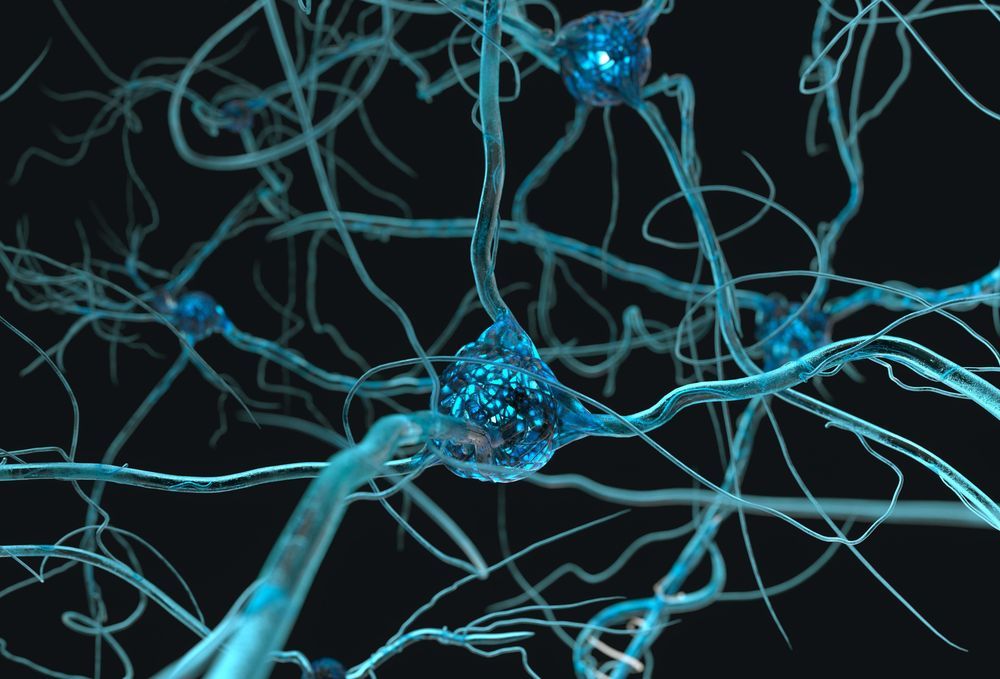Sleep loss is no longer considered an emblem of productivity or success—research has shown over and over that it’s one of the worst things we can do for ourselves. The body may not need sleep so much, but the brain sure does: a huge amount of housekeeping is done while we’re sleeping, and losing sleep, especially chronically, prevents this essential work. Two new studies illustrate what sleep loss does to our thinking skills the next day and to the brain’s ability to clear out potentially dangerous “gunk.”
The first study, from Michigan State University, had 77 people stay awake all night in the lab and 63 go home and sleep normally. All the participants were rested before the study began, and then separated into their respective groups for one night of sleep deprivation or normal rest. The researchers gave them tests of attention (the Psychomotor Vigilance Task) and cognition (the UNRAVEL method, which involves having to keep track of a series of steps in the face of period interruptions) in the evening and again the following morning.
The sleep-deprived participants did conspicuously worse on the tests than the rested ones: The evening before, there was about a 15% error rate after interruptions on the UNRAVEL test, which the next morning rose to 30%. In contrast, the rested group performed about the same in the evening before and the morning after. The sleep-deprived also had significantly more lapses in attention the morning after, compared to the rested group.

I don’t get sleep almost last 20years plus, but all most everything is normal. I lie down mind thinking briskly and it contnues year after year.